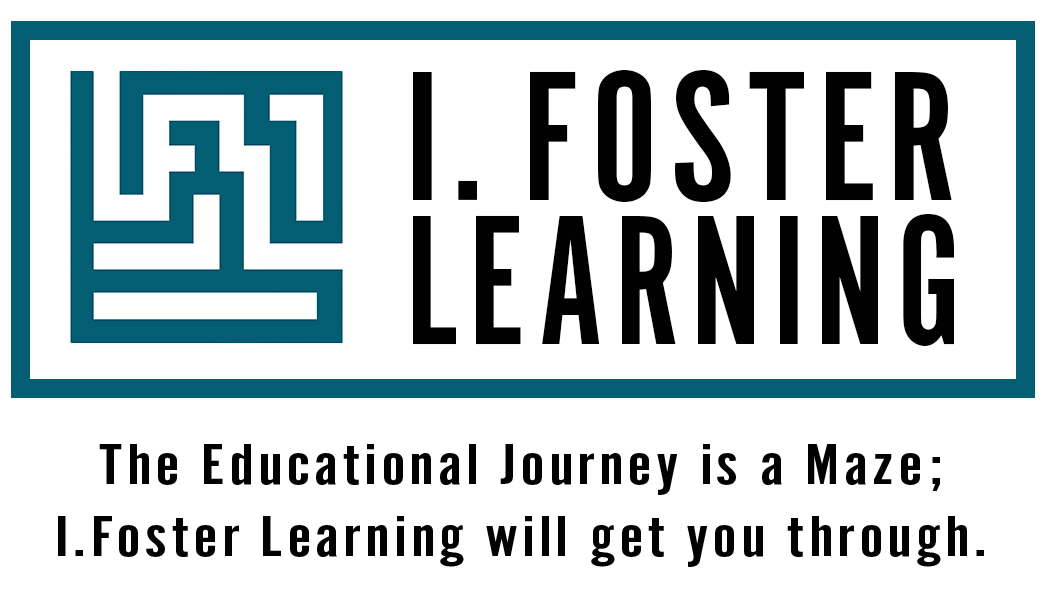The Supreme Court and College Admissions
The Supreme Court has now declared race-based affirmative action programs for college admissions to be unconstitutional. It’s far too early to see what the impact of this decision will be on the admissions landscape, especially given how much Covid has already scrambled many longstanding admissions practices. But here are some thoughts about possible outcomes.
First, let’s examine how colleges are responding to the announcement. Harvard has added a pop-up to its admissions statistics page that reads: We continue to believe deeply that a thriving diverse intellectual community is essential to academic excellence. I received an email from my alma mater that said essentially the same thing: Williams is a remarkable intellectual community in which we see excellence and diversity as fundamentally connected. So if those two institutions are an indication (which, as an important side-note, is a fairly large assumption: selective colleges account for a relatively small portion of university students nationwide, but they get an inordinate amount of focus and attention), US colleges aren’t reversing course when it comes to considering race - now coded as diversity - in admissions. The opaqueness of the overall admissions process helps universities in this regard: it is almost impossible (statistical meta-analysis notwithstanding) to know why a certain student was admitted when universities employ a “holistic” approach. So if diversity remains a stated institutional goal for US colleges, they will find a way to create diverse classes of students.
Which brings us to the decision’s other impacts. Standardized testing is likely to continue to be reduced in importance, given persistent racial disparities in test scores. Universities might not go as far as moving to test-blind (as the UC system has), but it is less likely that they’ll revert to making tests required. On the other end of the spectrum, legacy admissions practices may be limited or eliminated (although as long as college becomes increasingly more expensive, I’m not counting on this happening - contributions from alumni donors are simply too important to put into question).
One remarkable element of the decision was how Chief Justice Roberts wrote directly about college essays, by both seeming to invite discussions of race (“how [it] affected his or her life, be it through discrimination, inspiration, or otherwise”) while also limiting its scope (“Universities may not simply establish through application essays or other means the regime we hold unlawful today”). So the essay can become the vector for directly discussing race, seemingly re-allowing its presence as an admissions factor.
With all of these complicated moral and philosophical questions swirling, let’s remind ourselves of some practicalities that students and families can keep in mind: high-school grades are paramount; cast an appropriately wide net when applying to colleges; focus on what’s in your control.
